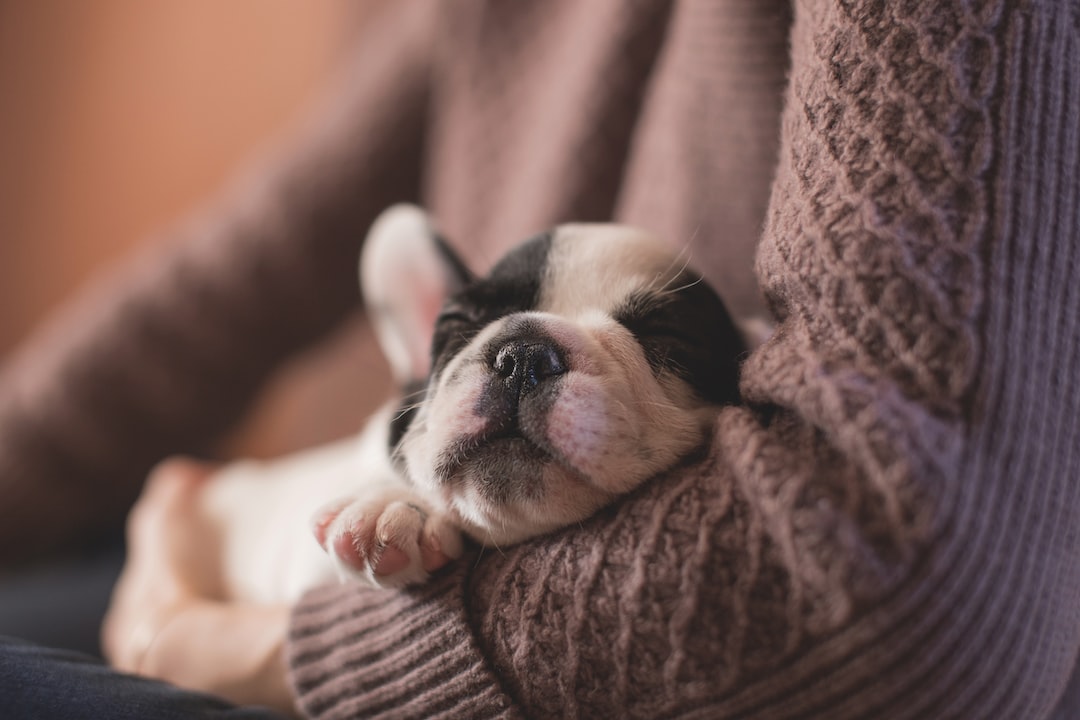Proper hydration is essential for our furry companions, just like it is for us humans. Dehydration can lead to a range of health problems for pets, including kidney disease, urinary tract infections, and heat stroke. As responsible pet owners, it is our duty to ensure that our pets are getting the right amount of water to keep them healthy and happy.
Water is crucial for a pet’s body to function correctly. It acts as a lubricant for joints, aids in digestion, and helps regulate body temperature. Water also plays a vital role in removing toxins from the body, which can cause damage to vital organs, such as the kidneys. Proper hydration keeps your pet’s skin healthy and prevents dryness and itchiness.
Feed your pet with wet food
Wet food contains a higher percentage of water than dry food, which can be beneficial for pets. Wet food can help pets stay hydrated, especially those who are not inclined to drink a lot of water or have difficulty drinking enough. Wet food is also easier to digest and can be helpful for pets with underlying health conditions, such as kidney disease.
Changing water bowls and keeping them available always
Keeping your pet’s water bowl clean and changing the water regularly is essential to ensure that they are drinking fresh and clean water. The water should be checked frequently, especially during hot weather or after vigorous exercise.
Pets like their water bowls to be refreshed with clean water frequently, so it’s essential to keep an eye on how frequently the bowl is used and refill it with fresh water as needed.
Aware of the general condition of your pet
If your pet has a runny nose, is vomiting or has diarrhea, their body will be losing more fluids. In these cases, it’s essential to keep your pet hydrated by increasing their water intake. Provide your pet with easy access to water and offer them wet food, which will help maintain hydration levels.
Prevention is better
Preventive measures are always better than waiting for health issues to arise. Ensure that your pet is drinking enough water regularly and staying hydrated. Keep an eye on the amount of water they drink in a day, and if they are drinking too little or are not drinking at all, take them to a veterinarian. Preventing dehydration can save your pet from much trouble.
Conclusion
Proper hydration for pets is as important as it is for humans. Make sure that your pet has easy access to clean and fresh water and provide them with wet food whenever possible. Keep an eye on your pet’s water intake, and if you suspect that they are dehydrated, seek veterinary advice immediately. A hydrated pet is a healthy and happy pet.
